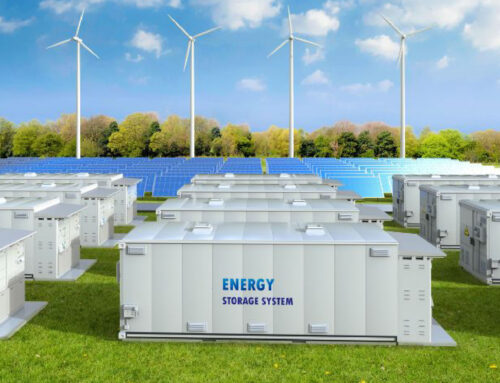Industry executives are calling for a more measured approach that accounts for the current gap in quality local production while ensuring that the rural poor are protected from expected price hikes until that gap is filled.

Intending to promote local manufacturing, India’s new budget raised the customs duty on solar lanterns and solar inverters. The off-grid solar industry, which had already seen a 10 percent drop in solar lantern sales in 2019-2020, is set for a big hit due to the new tariffs.
As a result, off-grid industry executives are calling for a more measured approach that accounts for the current gap in quality local production while ensuring that India’s rural poor are protected from expected price hikes until that gap is filled.
Piyush Mathur, who is a board member of CLEAN, a trade group representing over 200 distributed renewable energy companies, “We understand that the increase in duties has the undesirable effect of making certain products in the market expensive for end-customers. However, the new duty structure also offers our member companies an opportunity to build and scale their local manufacturing to a globally competitive standard.”
Further, Mr. Mathur said, for the new customs duty, “appears to run against the national imperative to accelerate clean energy adoption, but ultimately, tax concessions and manufacturing incentives offered by Make in India point to a future of greater self-reliance through local manufacturing.”
According to Ministry of Commerce statistics, more than 95 percent of the roughly six million solar lanterns sold in India in 2019-2020 came from China.
As a result, India lacks the capacity to immediately replace those millions of quality-assured solar lanterns with domestic production. At present, there is only one locally manufactured product (a Frontier Markets torch) that has passed standards established by the IFC Lighting Global Framework.
To encourage domestic manufacturing, private sector executives say, the government’s focus should be supporting local product R&D, enforcing robust quality frameworks, making testing facilities easily accessible, creating demand while avoiding subsidy-driven tenders that can distort the market, and offering tax incentives.
“CLEAN will be working with its members closely to build local manufacturing scale, such that the two objectives — self-reliance and low prices for customers — can both be achieved at the soonest possible date. But the government needs to provide policy support and create a manufacturing-friendly environment to ensure that the sector can access high-quality products locally and continue to create a strong impact for customers,” Mathur said.
Resource The Economic Times
Click Here for more updates Ornatesolar.com




Leave A Comment